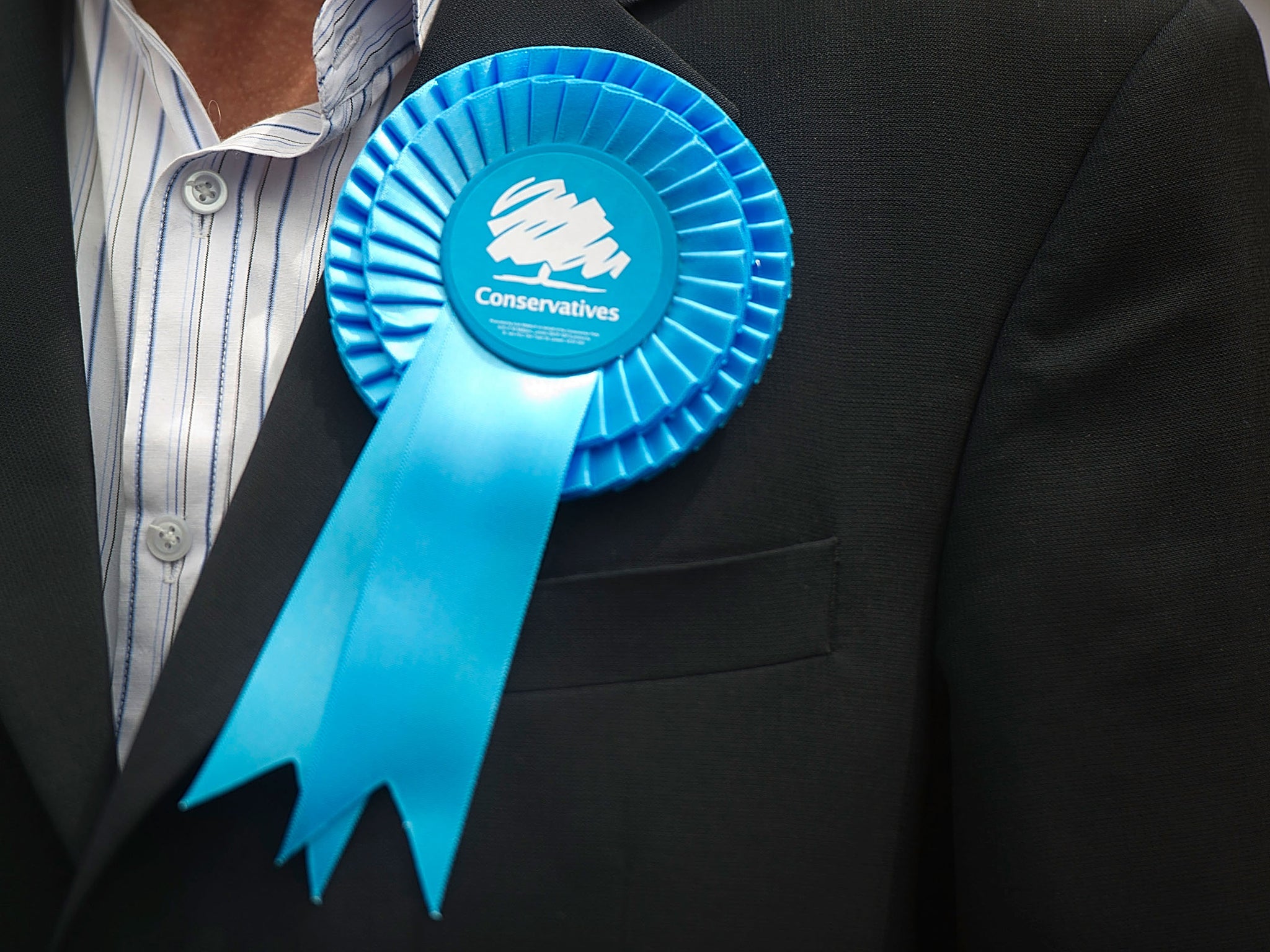Words you use can indicate political leaning, study reveals
Conservatives use more nouns compared to liberals

Your support helps us to tell the story
From reproductive rights to climate change to Big Tech, The Independent is on the ground when the story is developing. Whether it's investigating the financials of Elon Musk's pro-Trump PAC or producing our latest documentary, 'The A Word', which shines a light on the American women fighting for reproductive rights, we know how important it is to parse out the facts from the messaging.
At such a critical moment in US history, we need reporters on the ground. Your donation allows us to keep sending journalists to speak to both sides of the story.
The Independent is trusted by Americans across the entire political spectrum. And unlike many other quality news outlets, we choose not to lock Americans out of our reporting and analysis with paywalls. We believe quality journalism should be available to everyone, paid for by those who can afford it.
Your support makes all the difference.The words you use can give away your political leaning, with conservatives favouring nouns, a study has found.
Research, led by the University of Kent, carried out three studies, in three languages, in three countries – Poland, Lebanon and US, to see whether the words people use reflect their political beliefs.
They found conservatives, when compared to liberals, used more nouns, which the researchers said were seen to maintain ‘stability, familiarity and tradition’.
The authors suggested nouns ‘elicit clearer and more definite perceptions of reality than other parts of speech’.
In the first study, in Poland, participants were asked to complete 10 sentences using either a noun or adjective (in the first six), or a noun or a verb or adverb (in the final form).
The second study, in Lebanon, was similar, only participants had to choose one of two answers presented to them to complete their sentences.
In both, the results showed conservatives to have a tendency to refer to things by their names, and not by their features, so they were more likely to describe someone as ‘an optimist’ rather than ‘optimistic’, as a liberal might.
The third study analysed 101 inaugural or state of the union addresses by US presidents, 45 Republican and 56 Democratic.
The research, led by Dr Aleksandra Cichocka of the University's School of Psychology, found conservative US presidents used considerably more nouns in political speeches.
In addition to the linguistic observations, different tendencies between the everyday lives of the two ideologies were noted in the research.
For example, the living and working spaces of conservatives were said to reflect order and consciousness, whereas those of liberals suggested openness and a curiosity to experience.
The paper also observed that conservatives prefer more conventional and orderly lifestyles, while liberals like hobbies and activities such as foreign films and travel.
Join our commenting forum
Join thought-provoking conversations, follow other Independent readers and see their replies
Comments